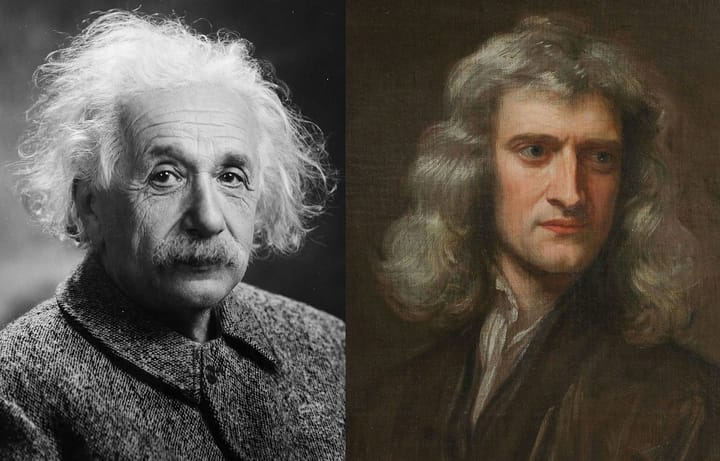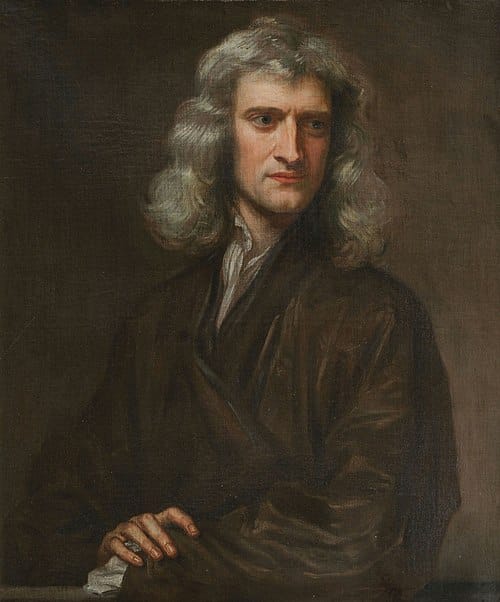Why Knowledge Over Ignorance?
The thorny versus the pleasant...

In philosophy, the greatest problems are never solved but are constantly being redefined and addressed. Contrary to the flourishing of the sciences, philosophy's boons are gradual, and the rate at which questions arise triumphs over the rate at which they are deemed solved. Indeed, 'solved' is too powerful of a word in philosophy, as, to the chagrin of the philosopher, new generations tend to show the cracks in the foundations of their forefathers and predecessors. A grave problem then emerges: if philosophy is a process that on its surface seems to arrive at antiquated ideas and never infallible conclusions, why choose the life of knowledge over ignorance? What is the point in attempting to learn at all when the life of ignorance can bring bliss? While there is no central answer to this question, a fine one can be found in the wisdom from the ages, articulated best by Francois-Marie Arouet, better known as Voltaire.
In Voltaire's (n.d.) story of The Good Brahmin, the narrator (possibly Voltaire) recounts meeting a wealthy, popular man with a studious nature in philosophy and knowledge, along with a good family and a well-furnished house. Despite living to a ripe age and having the materials and circumstances many desire, the Brahmin turns to the narrator and exclaims, "I wish...I had never been born!" (para. 3). The reasons for the Brahmin's distress were numerous. "While I teach others I know nothing myself. The sense of my condition is so humiliating, it makes all things so distasteful to me, that life has become a burden...I do not know why I exist, and yet I am applied to every day for a solution of the enigma.
I must return an answer, but can say nothing satisfactory on the subject" (para. 5). The honesty and rationality of the Brahmin helped clarify the source of misery: it was his intellectual conscience that brought him pain. Unable to find a proper, satisfactory answer to his existence and the questions of existence, he felt stranded and lost. And while the entire world would have called him a wise man, he understood himself to be a know-nothing.
Not far from the Brahmin's house dwelt an impoverished old Indian woman, whom the narrator visited. The narrator asked if she was unhappy at not knowing how her soul was made (Para. 8). But the old woman did not understand. She had gone her entire life unbothered by the baggage of any great questions, and she possessed thorough happiness.
The narrator returned to the philosopher swiftly to pose the question: "Are you not ashamed to be thus miserable when, not fifty yards from you, there is an old automaton who thinks of nothing and lives contented?" (Para. 10). The philosopher Brahmin, the man in a position many would die for, replied with "I have said to myself a thousand times that I should be happy if I were but as ignorant as my old neighbor, and yet it is a happiness I do not desire" (para. 11).
Happiness brought by ignorance is still worth less than the problems that come with knowledge and seeking it. Contra the crudest philosophies, there are things in life with greater value than the base happiness one can have. On some level, this is a silly notion, and Voltaire believes as much when he correctly concludes, " ...after mature reflection upon this subject I still thought there was great madness in preferring reason (knowledge) to happiness. How is this contradiction to be explained? Like all other questions, a great deal may be said about it" (para. 15). Philosophers are always in the company of madness, even if the shorter route to happiness merely requires closed eyes. It is better to keep them wide open: willing to see the world in its complexities and pain than to retreat into blissful ignorance. Perhaps Gotthold Ephraim Lessing (1778, as cited in Kaufmann, 1980) felt this very sentiment when he said in his Eine Duplik that:
If God held in his closed right hand all truth and in his left hand only the ever live drive for truth, albeit with the addition that I should always and evermore err, and he said to me, Choose! I should humbly grab his left hand, saying: Father, give! Pure truth is after all for you alone! (p. 65)
The value is never in the unabashed and crude truth; it is in the struggle for it. And while at times as painful as it is humbling, the search for knowledge makes us better people. The wise brahmin could never understand his being, but he did understand that the happiness of the ignorant was never preferable, despite the pernicious thorns of knowledge in his side. It is a low and easy decision to live an unexamined life, but there is a great difficulty in trying to find the truth and conquer indolence. That is why knowledge is above ignorance and should be chosen over it, not because one necessarily finds what they are looking for, but because they bothered to try.
References
Kaufmann, W. (1980). Discovering the mind. McGraw-Hill Book Company. (Note: For the scarcity of the work in its English translation and the poor quality of the selections from Lessing available in English, I opted to use Kaufmann’s short rendition of the polemic from Ein Duplik within Discovering The Mind. Kaufmann pulled from a very early version in its original German; the translation is his. The original Ein Duplik is from 1778.)
Voltaire. (n.d.). The Good Brahmin. The Literature Network. Retrieved August 26, 2025, from https://www.online-literature.com/voltaire/4411/ ( Original work published in the 18th century).



Comments ()